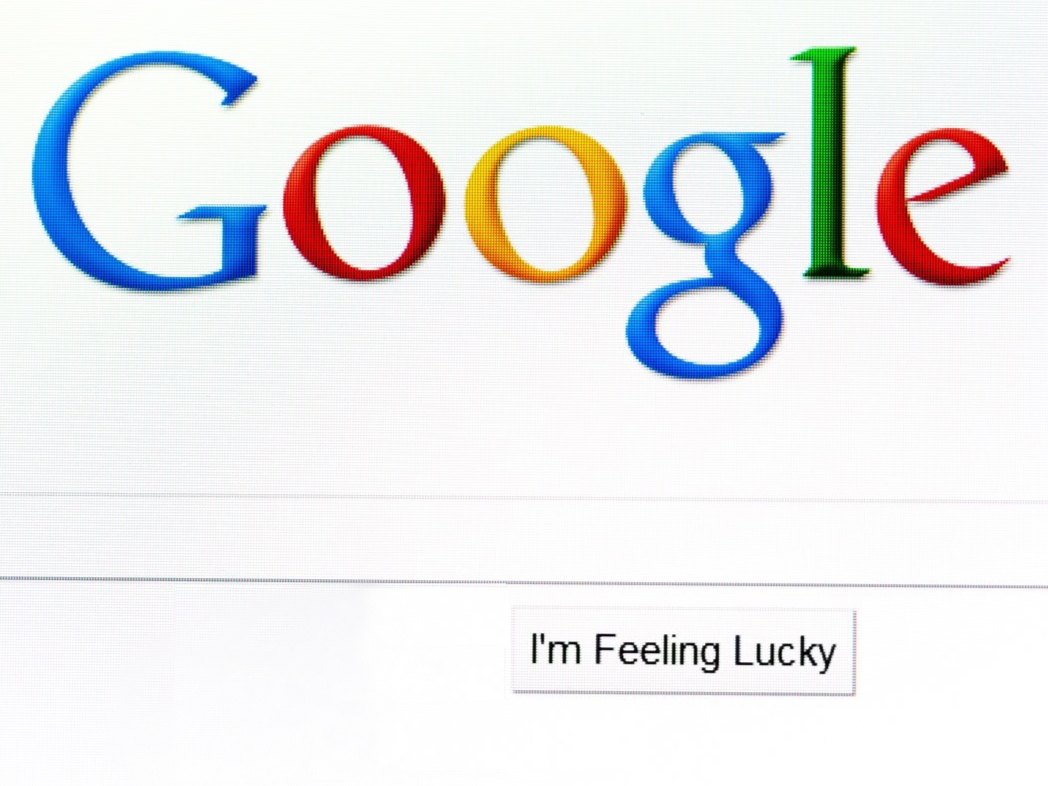Google accidentally sends $250,000 to blogger
‘It’s OK if you don’t want it back,’ recipient says

Your support helps us to tell the story
From reproductive rights to climate change to Big Tech, The Independent is on the ground when the story is developing. Whether it's investigating the financials of Elon Musk's pro-Trump PAC or producing our latest documentary, 'The A Word', which shines a light on the American women fighting for reproductive rights, we know how important it is to parse out the facts from the messaging.
At such a critical moment in US history, we need reporters on the ground. Your donation allows us to keep sending journalists to speak to both sides of the story.
The Independent is trusted by Americans across the entire political spectrum. And unlike many other quality news outlets, we choose not to lock Americans out of our reporting and analysis with paywalls. We believe quality journalism should be available to everyone, paid for by those who can afford it.
Your support makes all the difference.Google “randomly” sent an online blogger a quarter of a million dollars in August in an apparent case of mistaken identity.
Sam Curry, who also works as a security engineer at Yuga Labs, revealed that the tech giant took more than three weeks to respond to his query about the funds.
Mr Curry said he had previously taken part in bug bounty programs, which pay hackers to find vulnerabilities in software, but that there was no link to this work and the cash deposit.
“It’s been a little over three weeks since Google randomly sent me $249,999 and I still haven’t heard anything on the support ticket,” Mr Curry tweeted, together with a screengrab of the payment.
“Is there any way we could get in touch @Google? (It’s OK if you don’t want it back...).”
Mr Curry told The Independent on Monday that after reaching out to Google Support and posting the tweet last week, the company reached out to him via email to organise the repayment.
“I went into local Wells Fargo and explained everything then they helped send the accidental money back,” he said.
A Google spokeperson confirmed to The Independent that the issue had been resolved.
“Our team recently made a payment to the wrong party as the result of human error,” the spokesperson said. “We appreciate that it was quickly communicated to us by the impacted partner.”
In a similar case reported last week, it was revealed that cryptocurrency exchange Crypto.com accidentally sent a woman in Australia $10.5 million.
Instead of making attempts to return the money, the Melbourne resident instead bought a five-bedroom house before Crypto.com had even realised the error.
The case is now being heard by Victoria’s Supreme Court.

Join our commenting forum
Join thought-provoking conversations, follow other Independent readers and see their replies
Comments